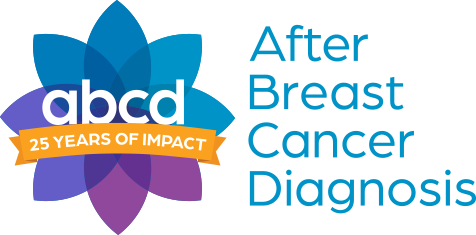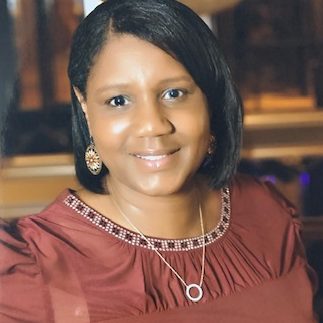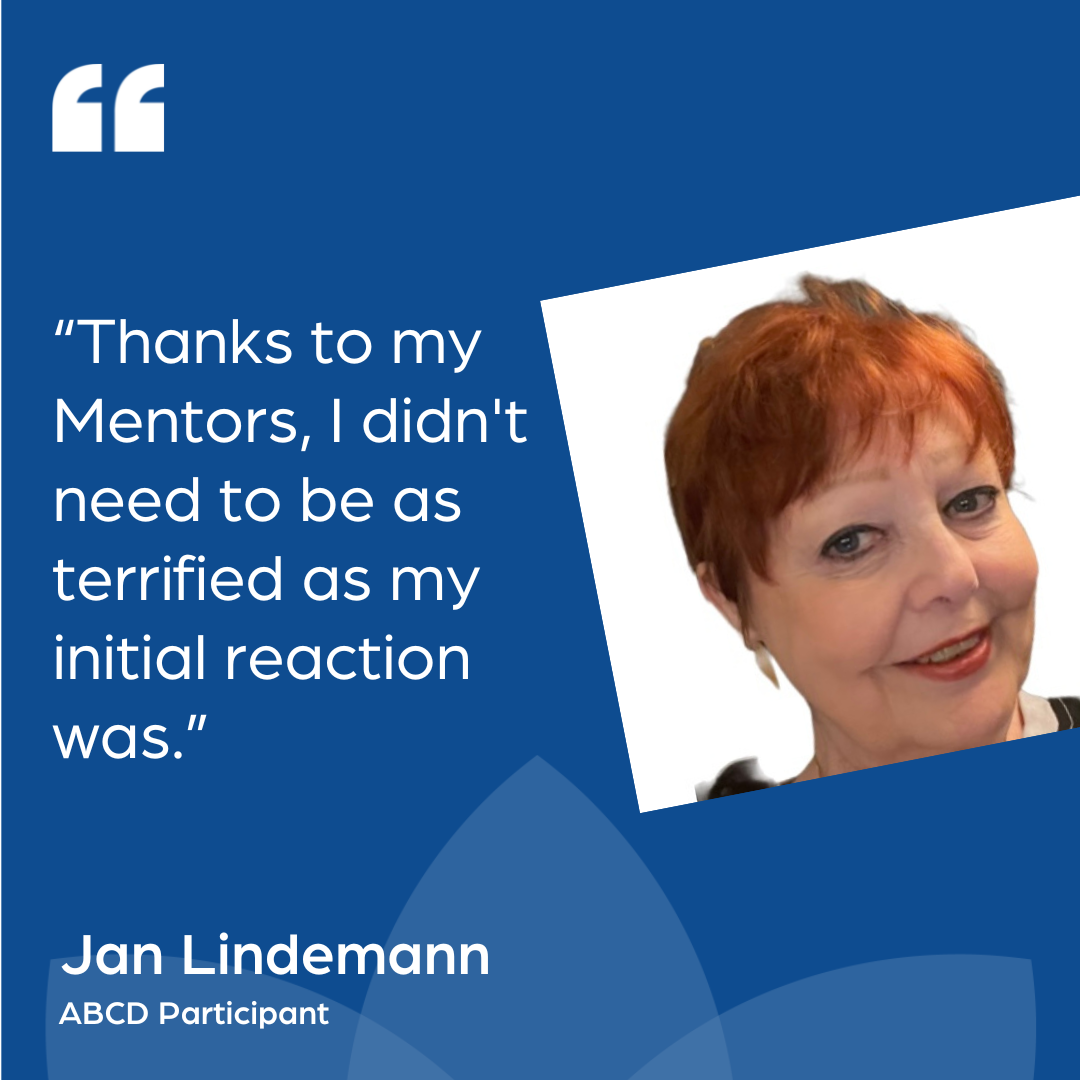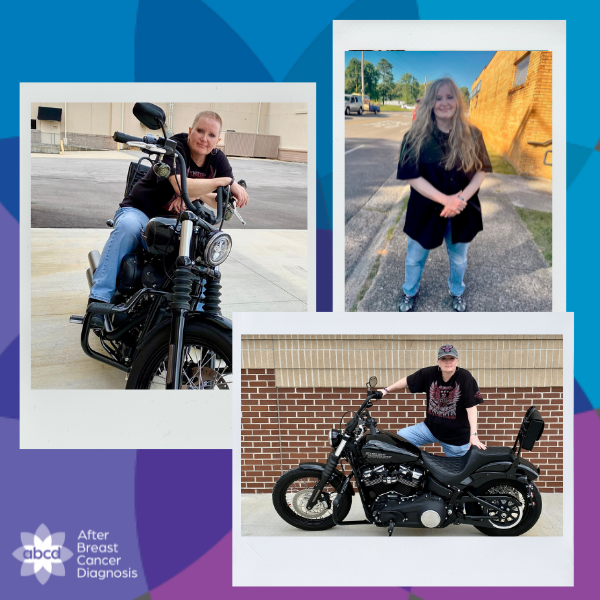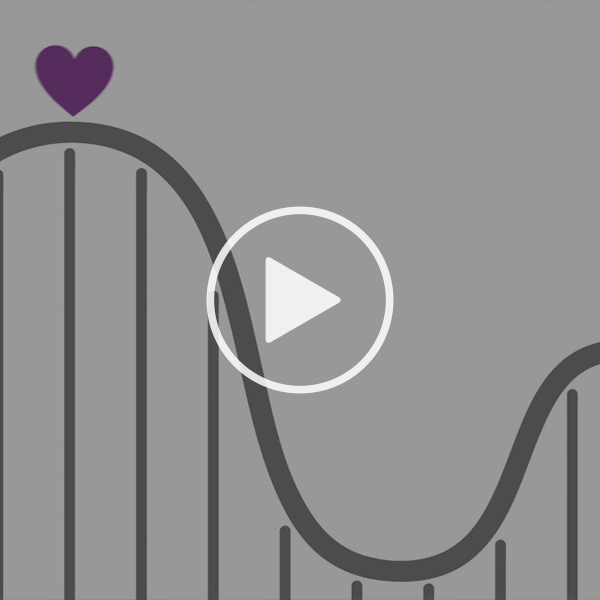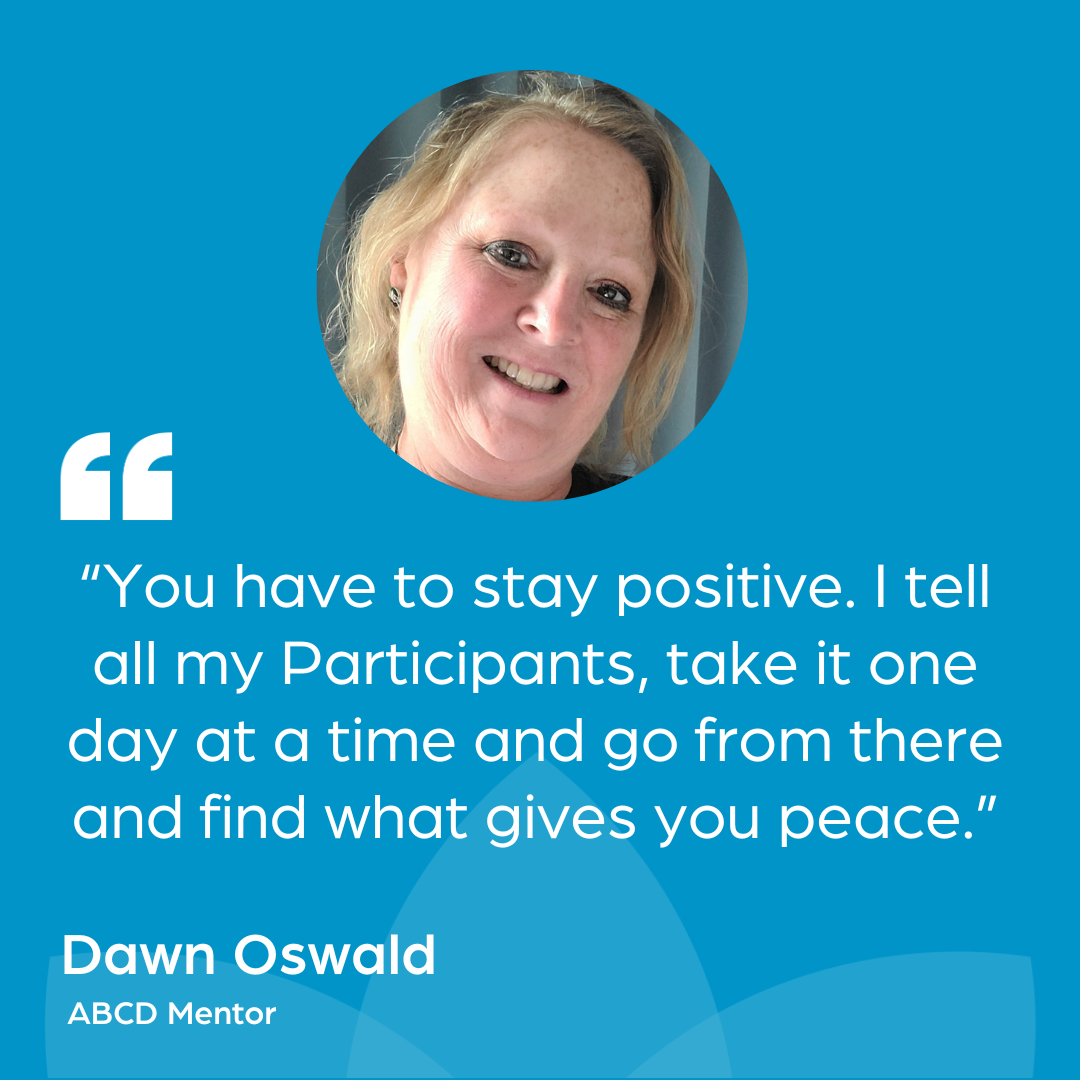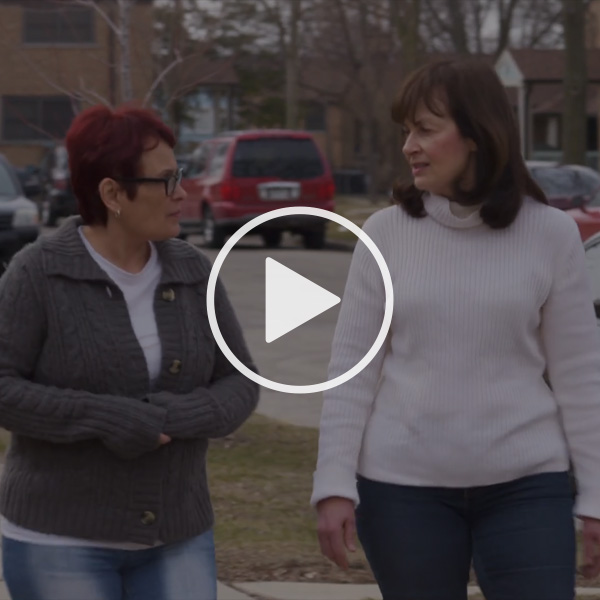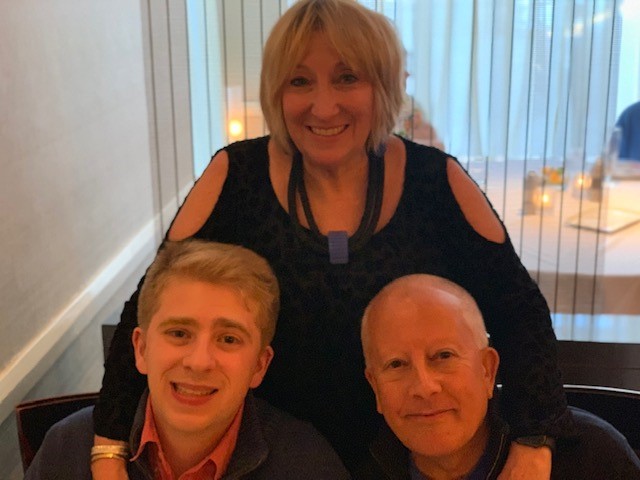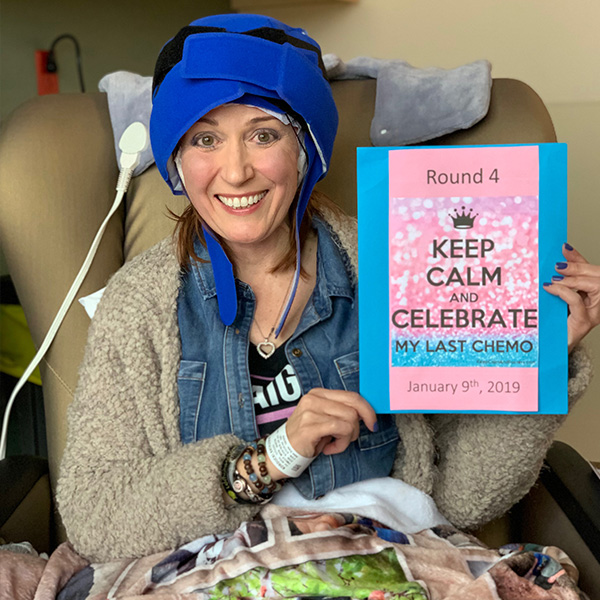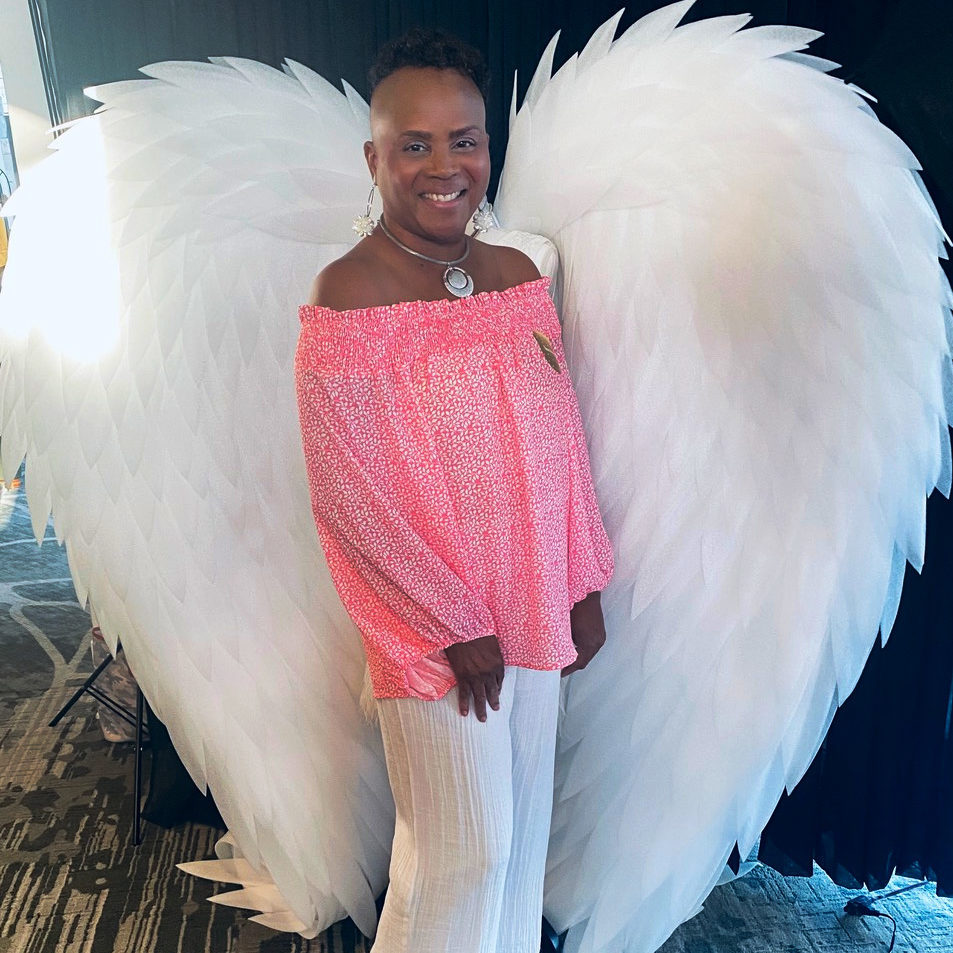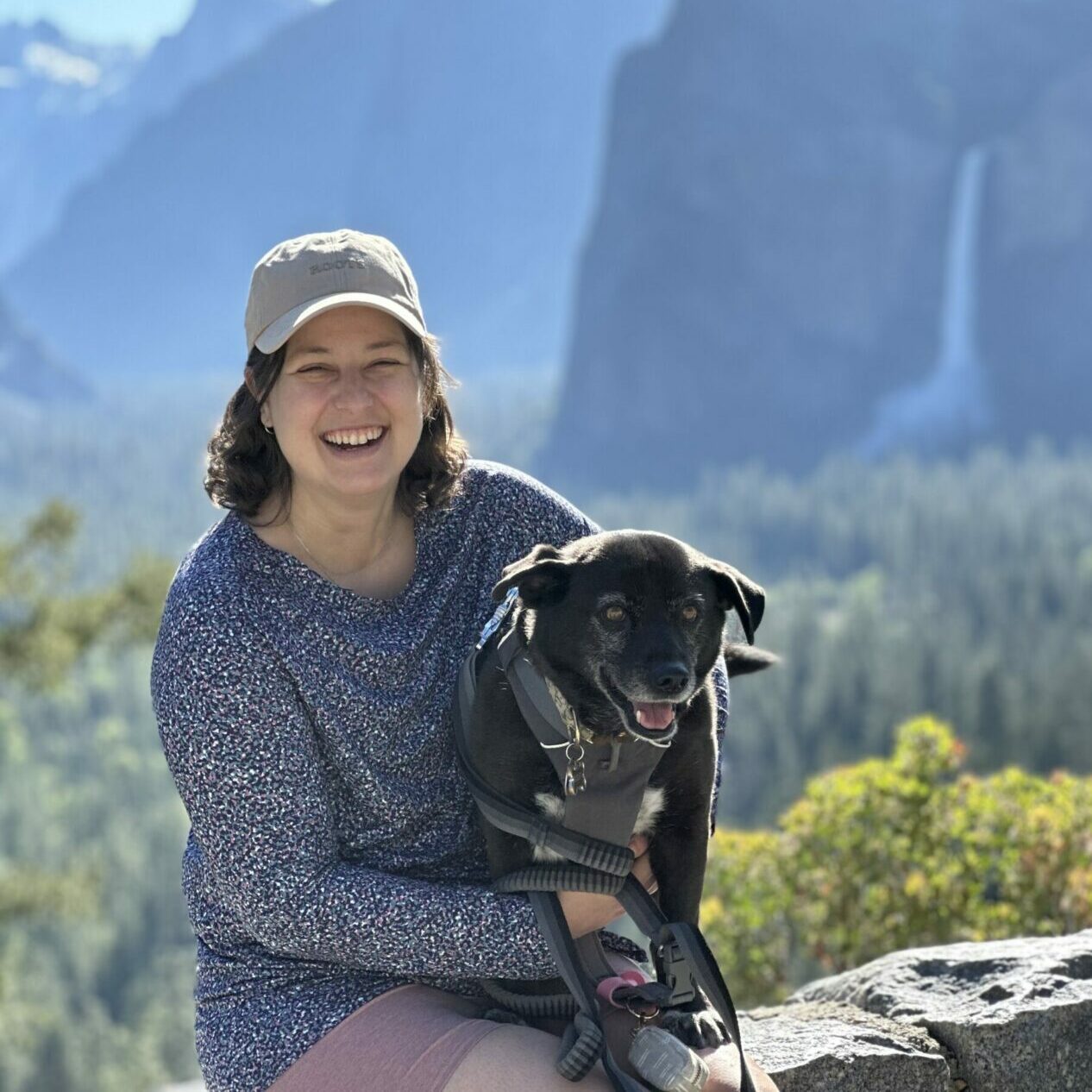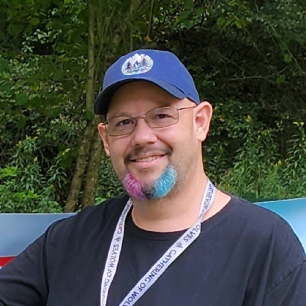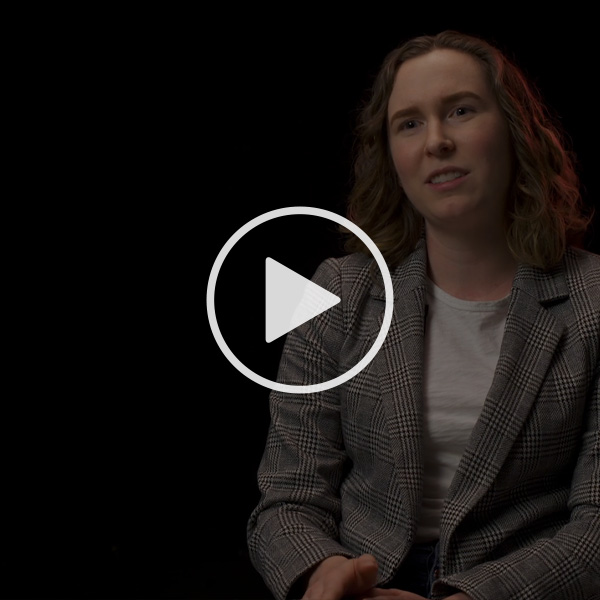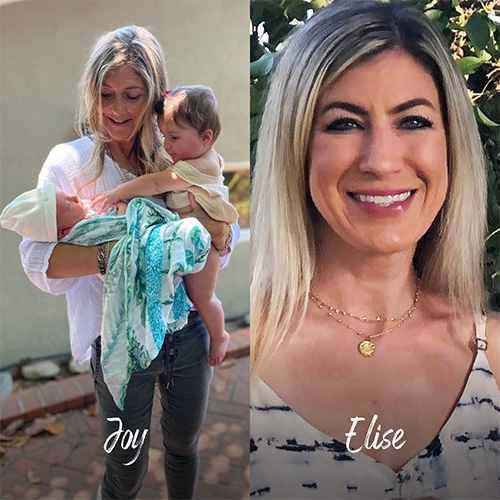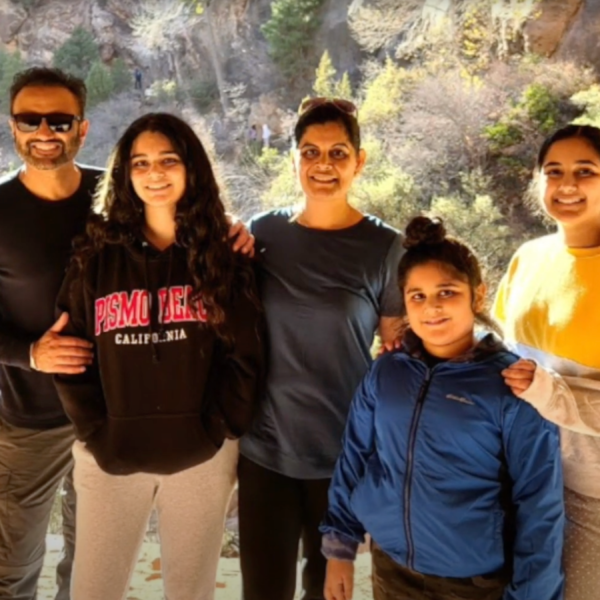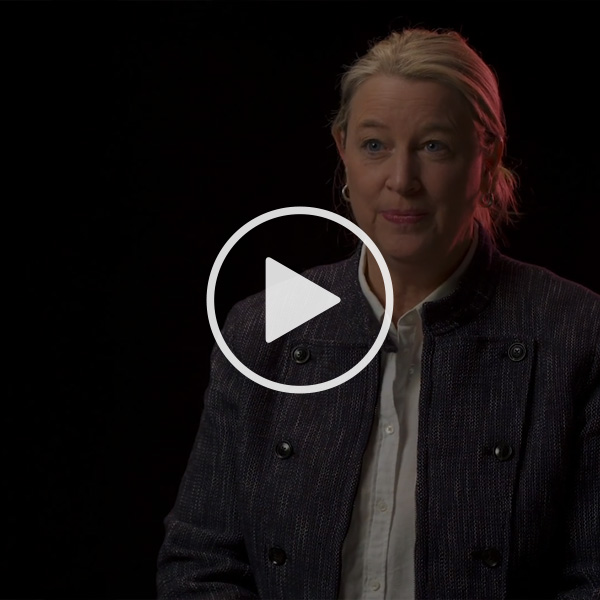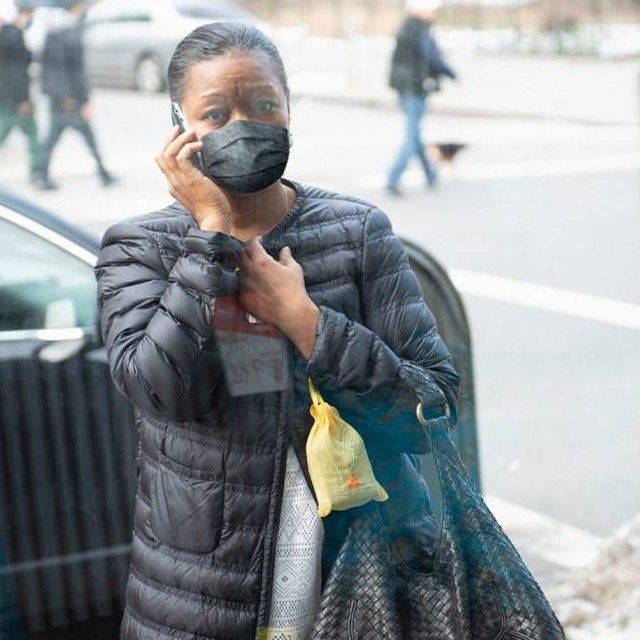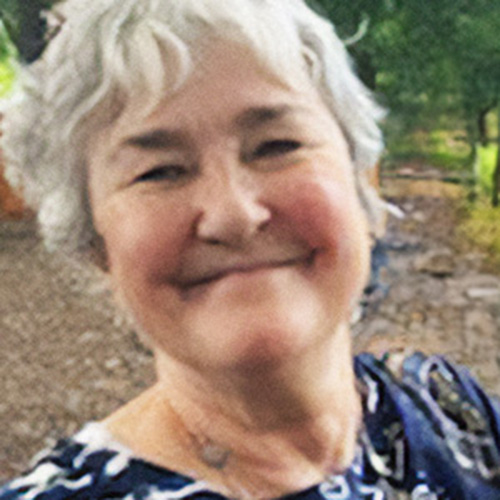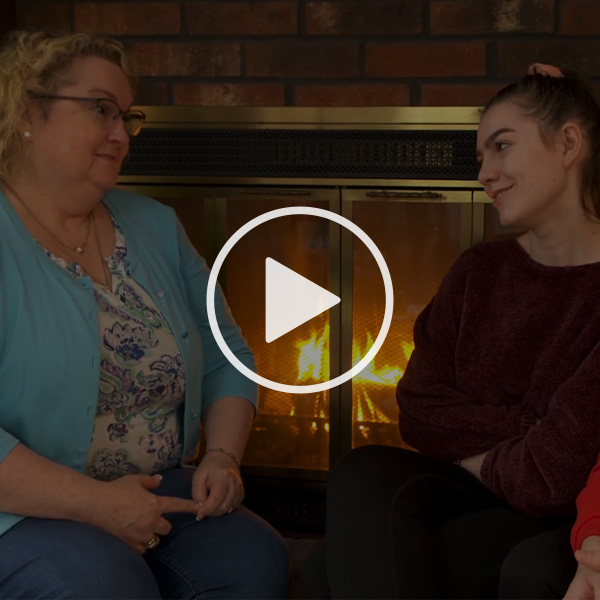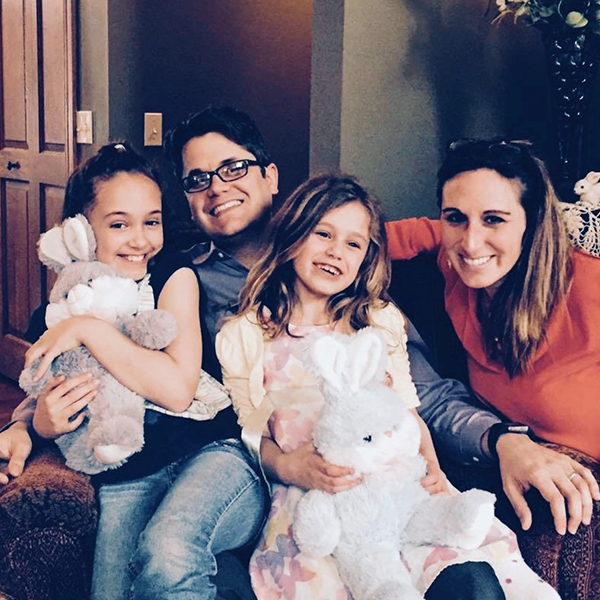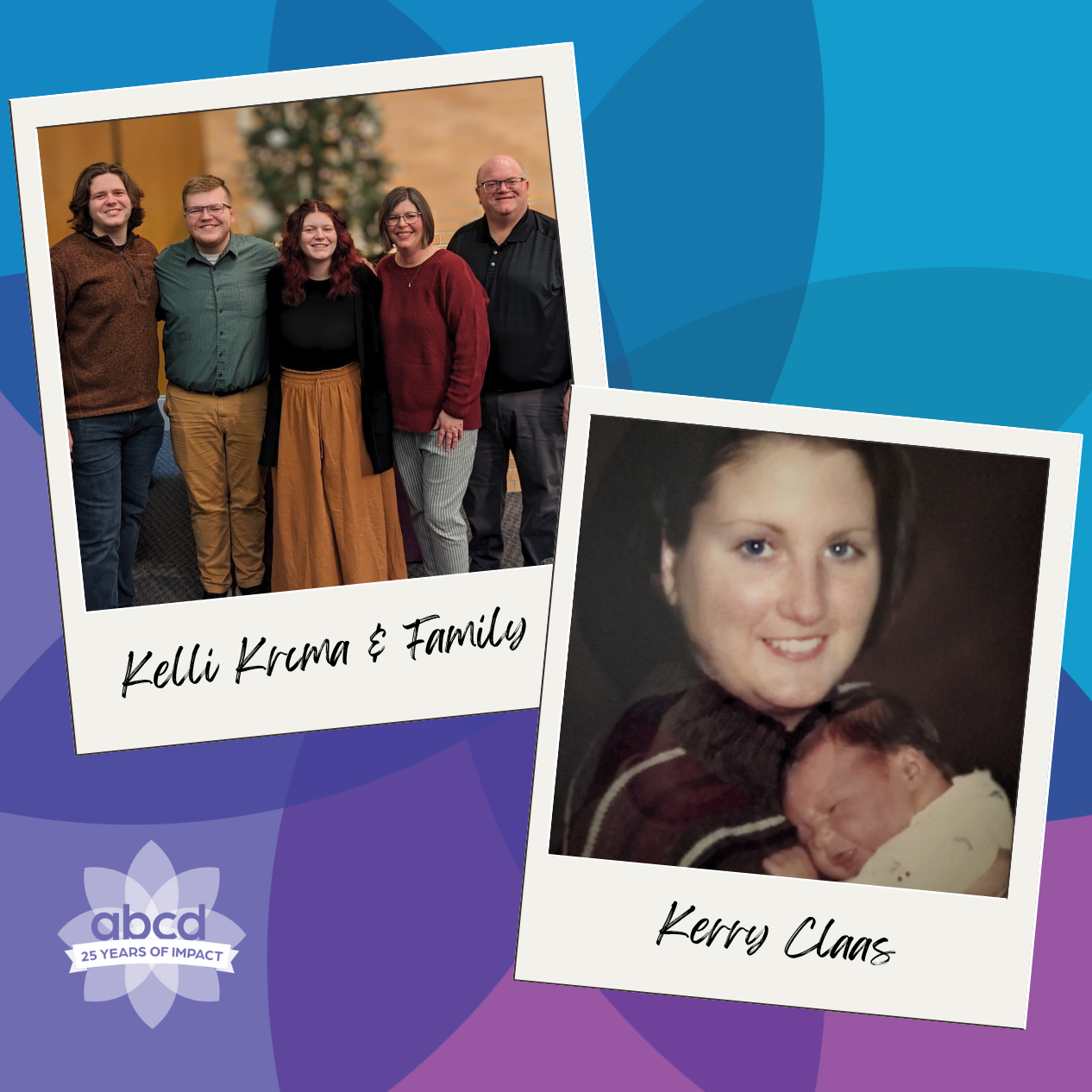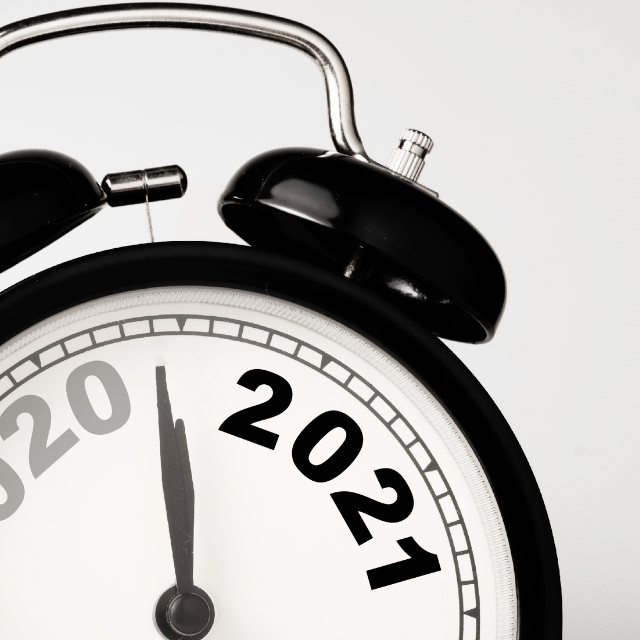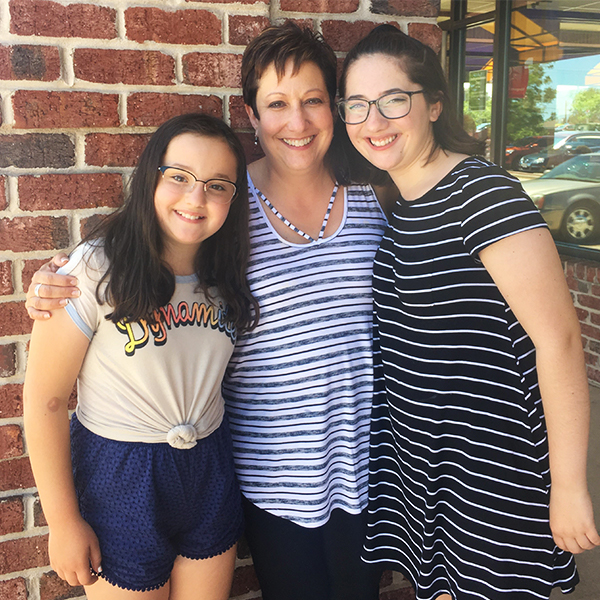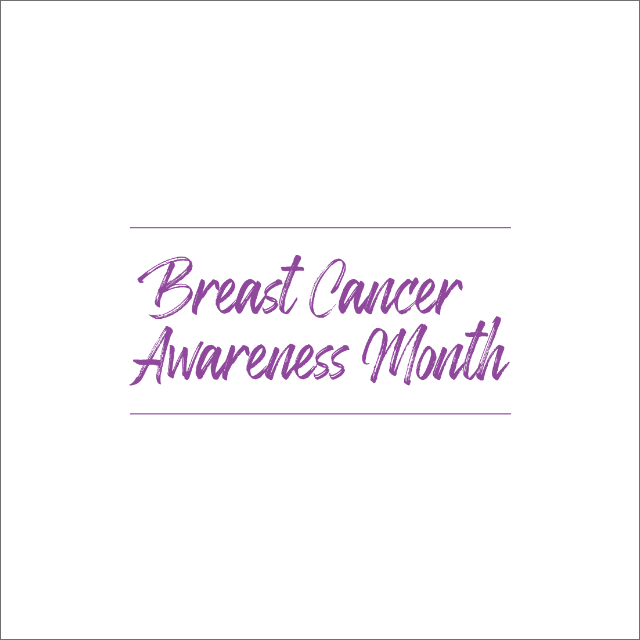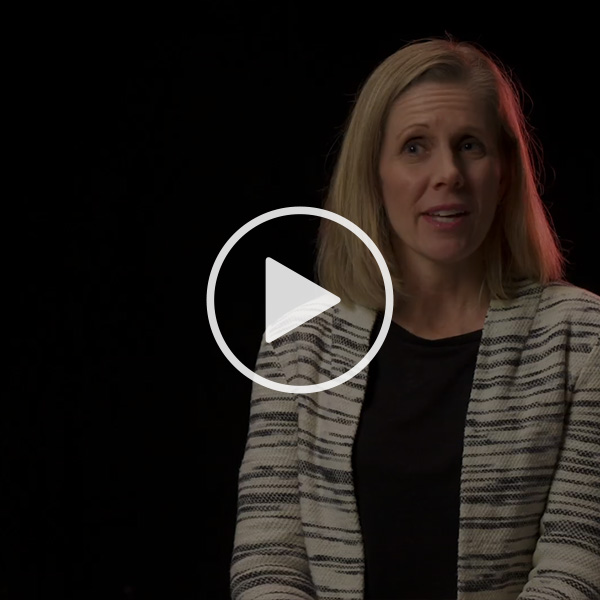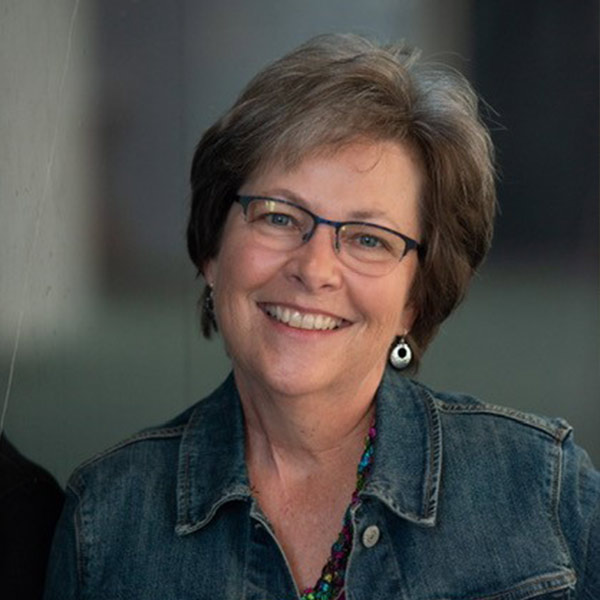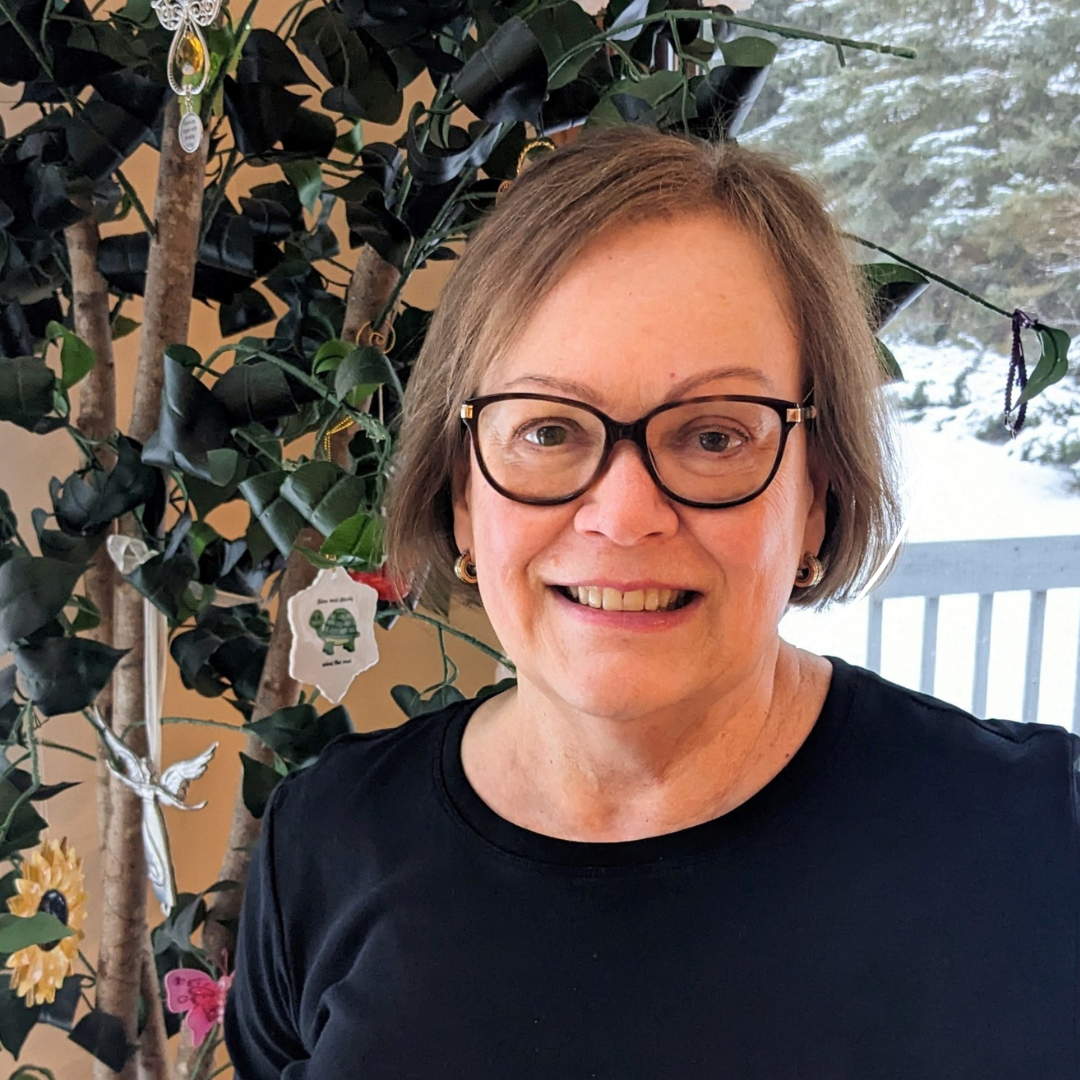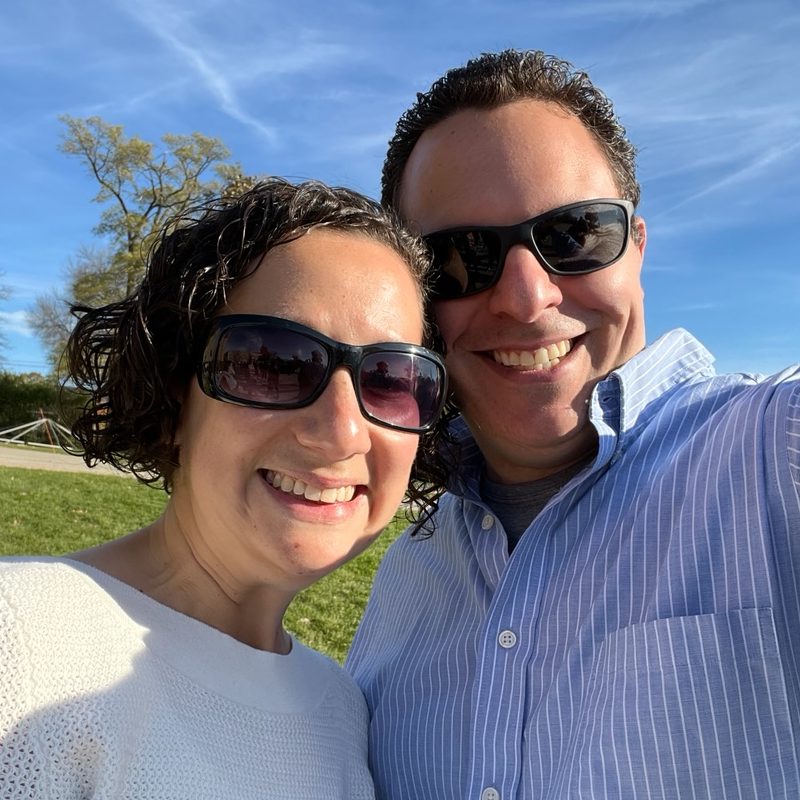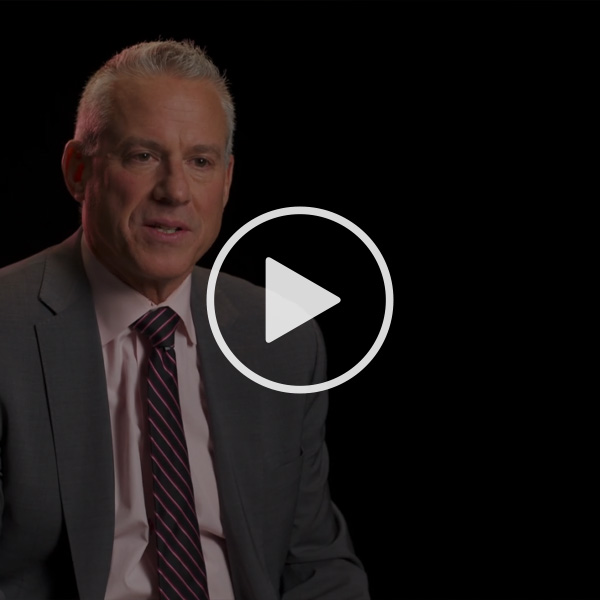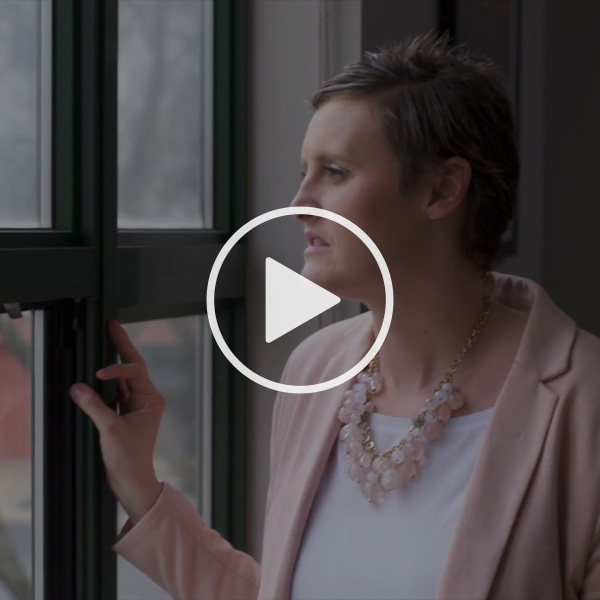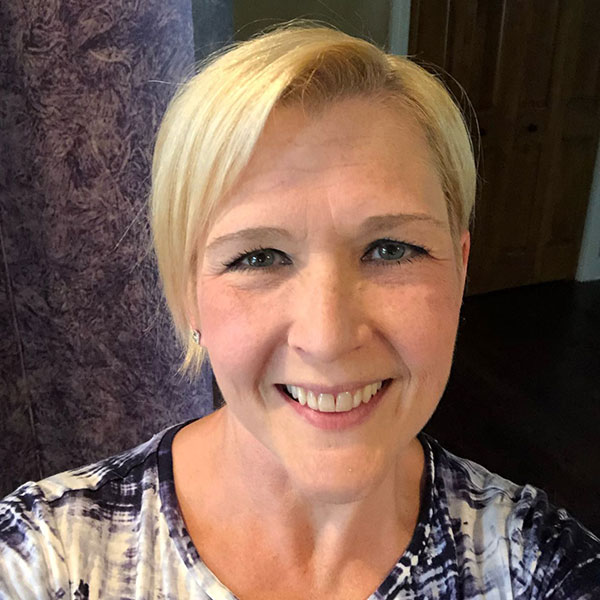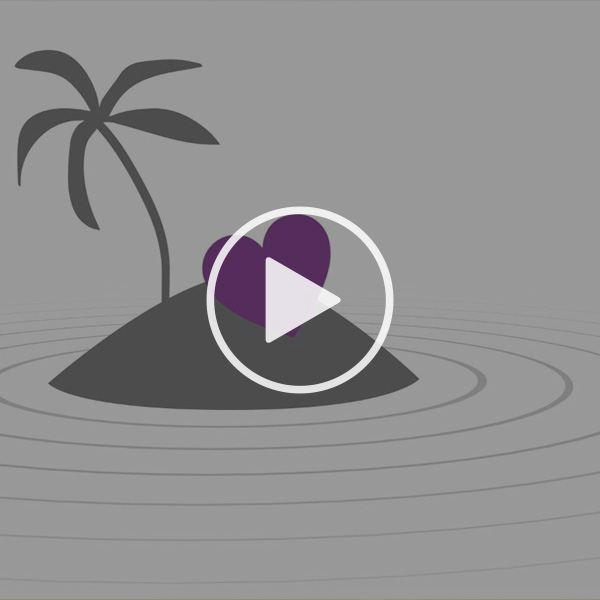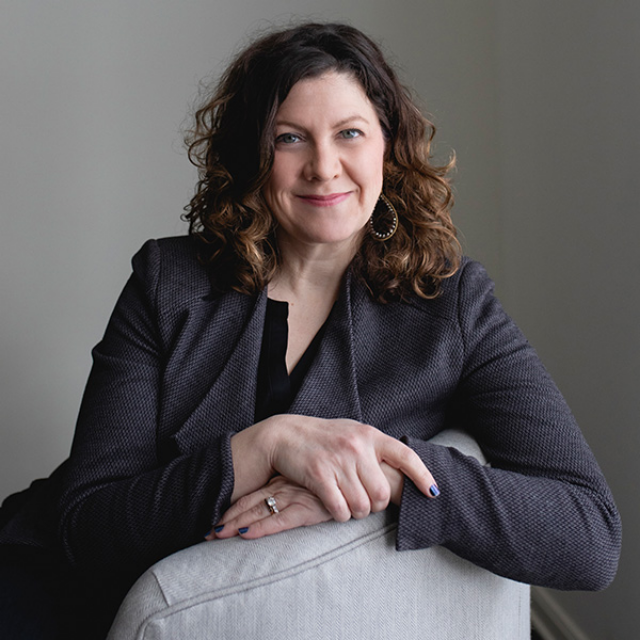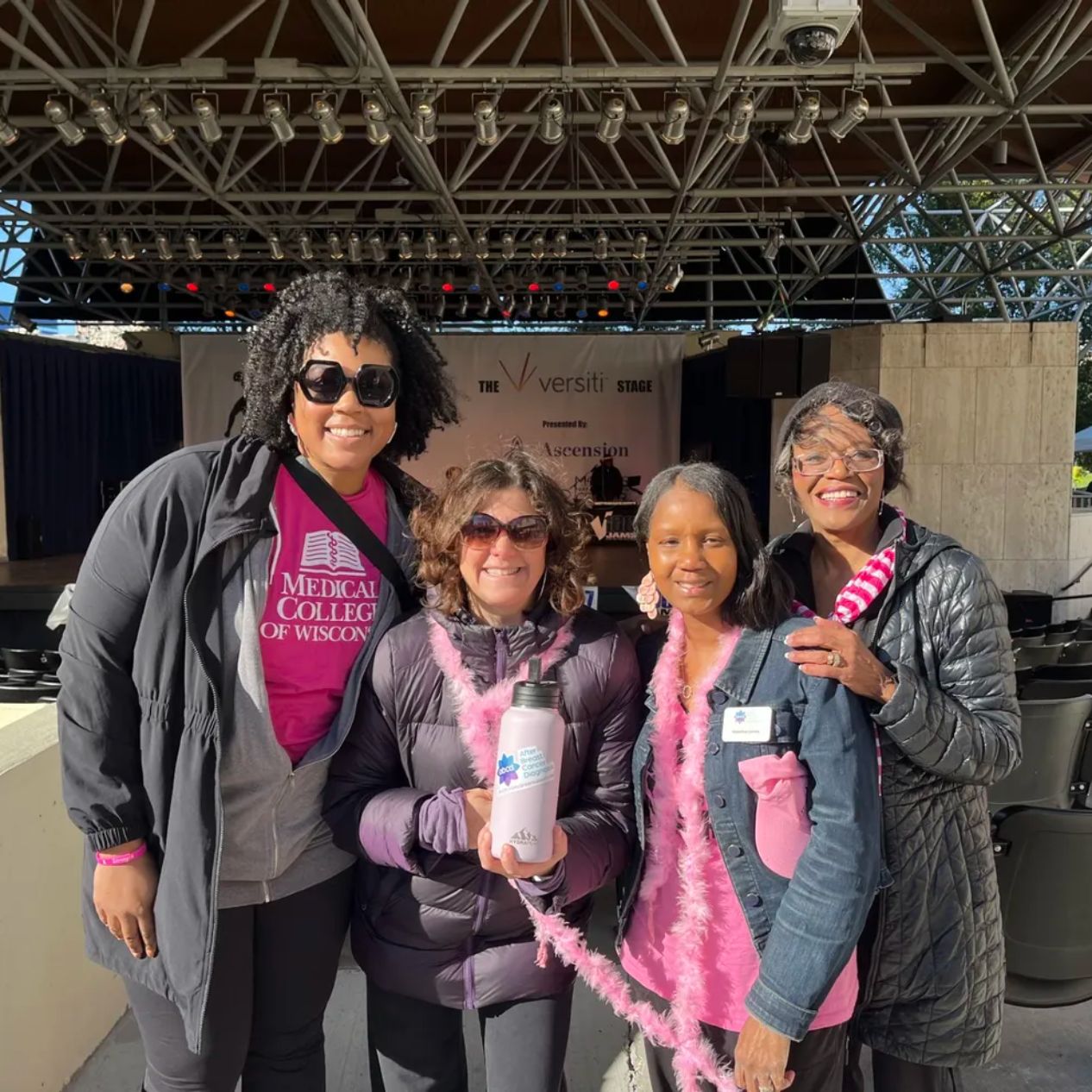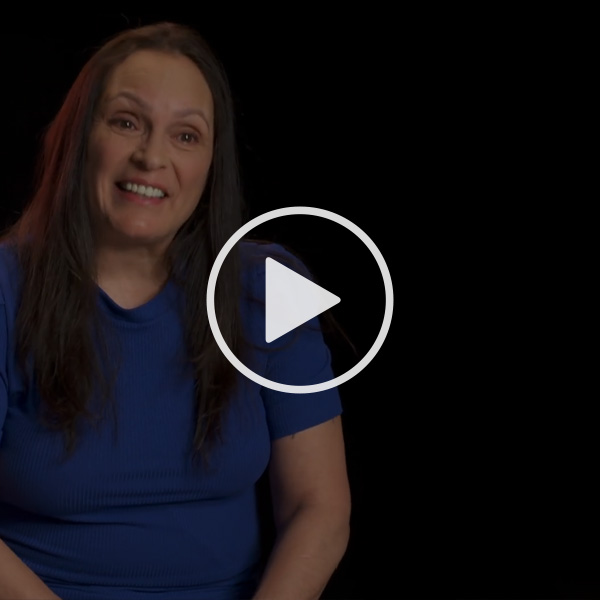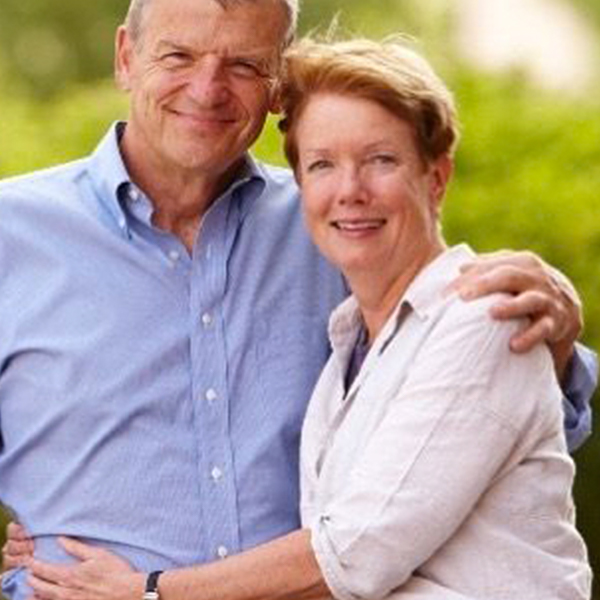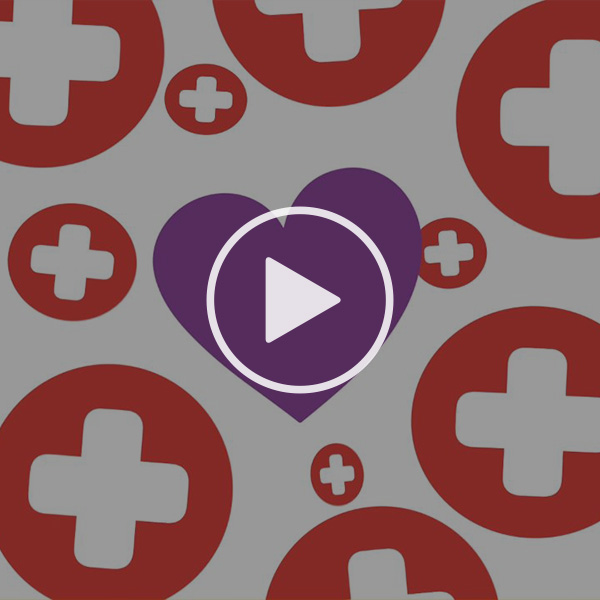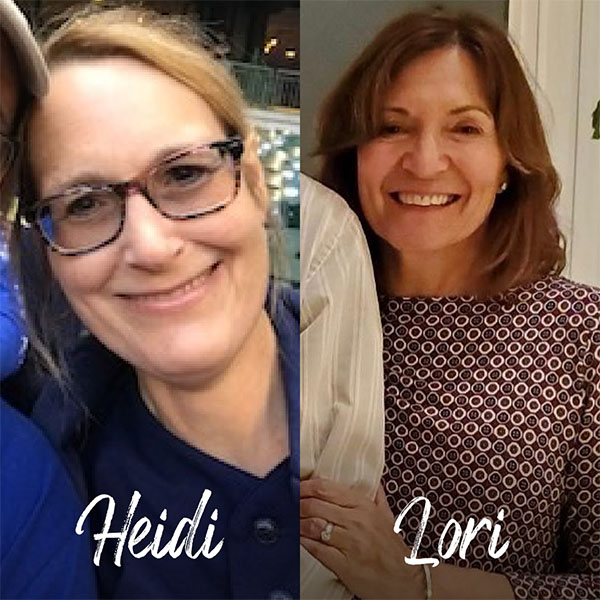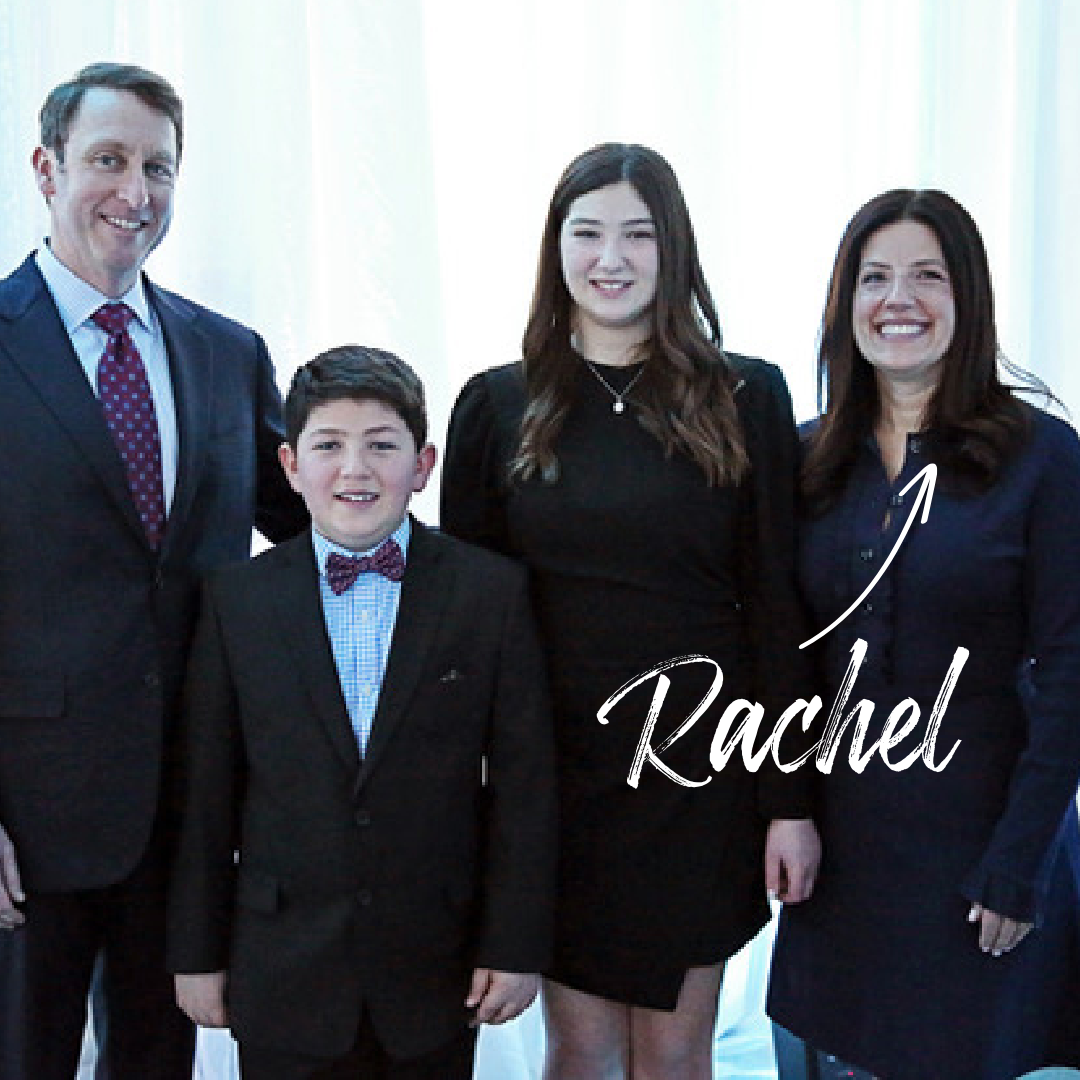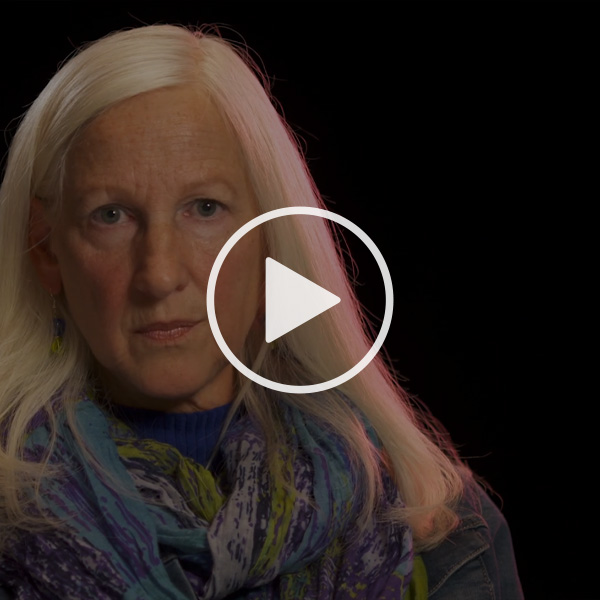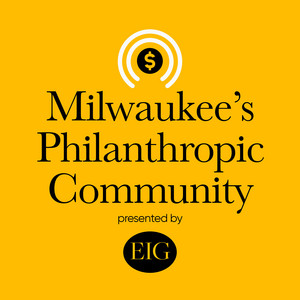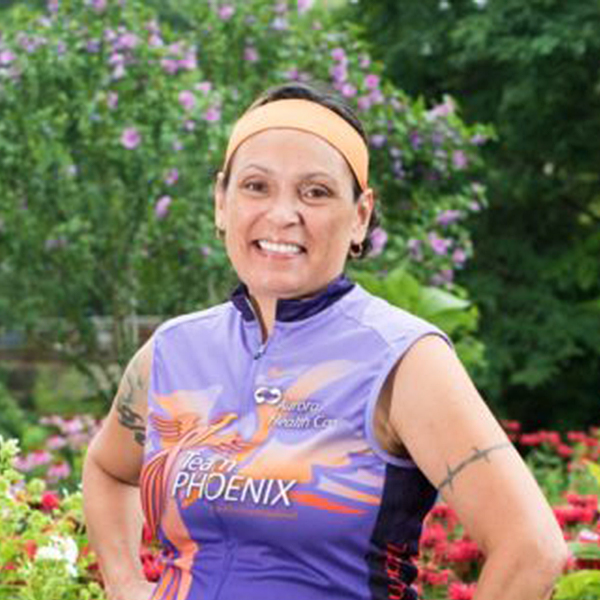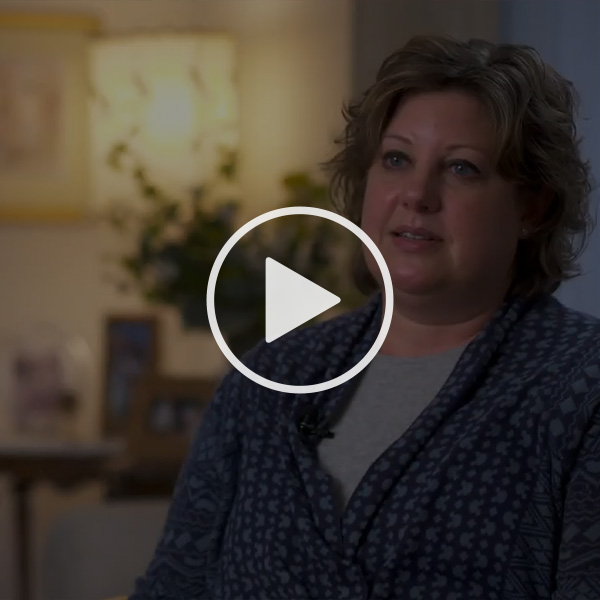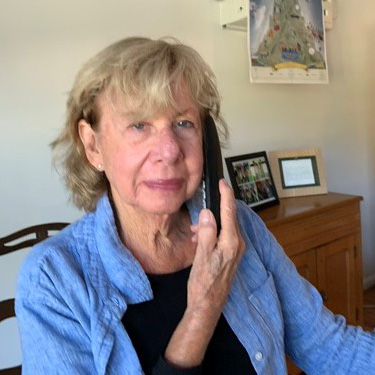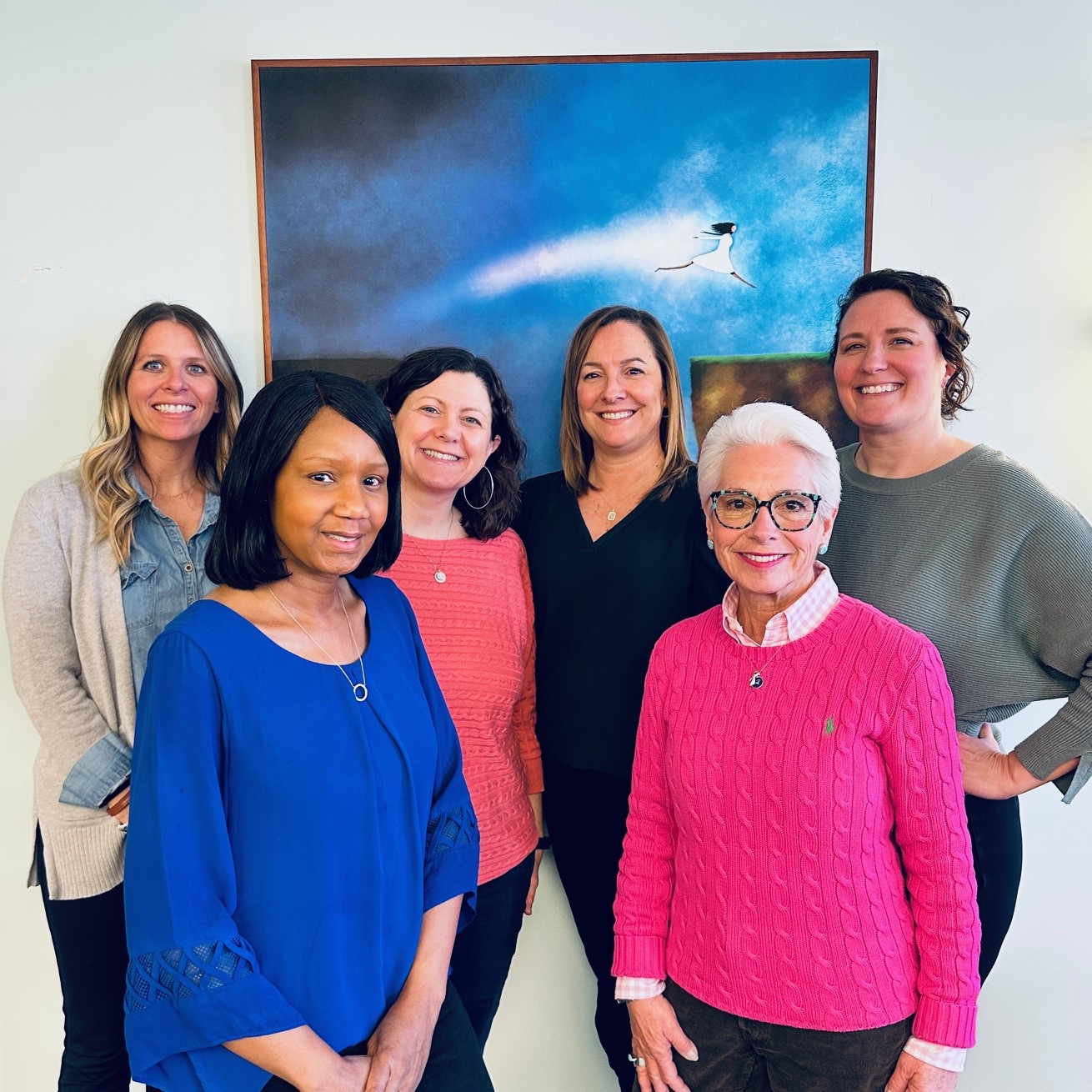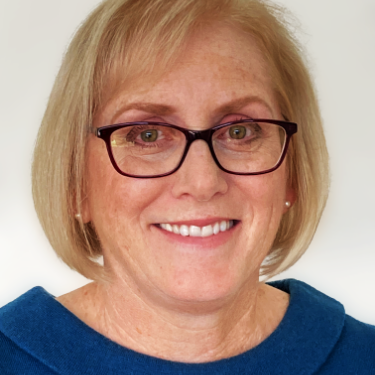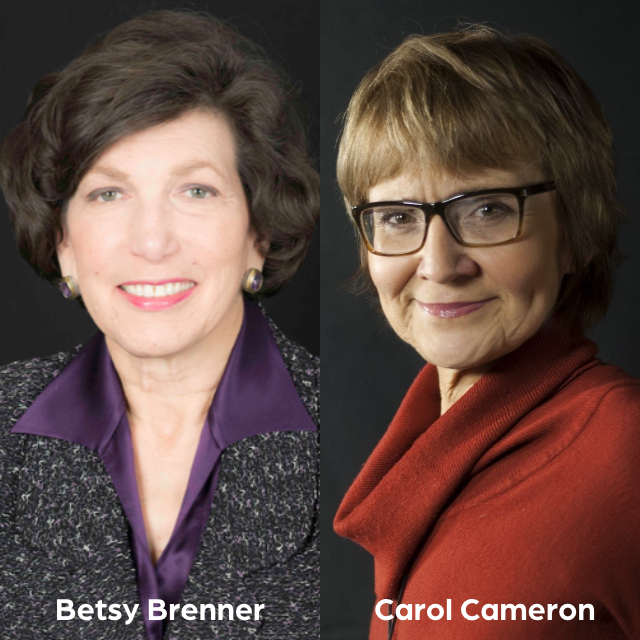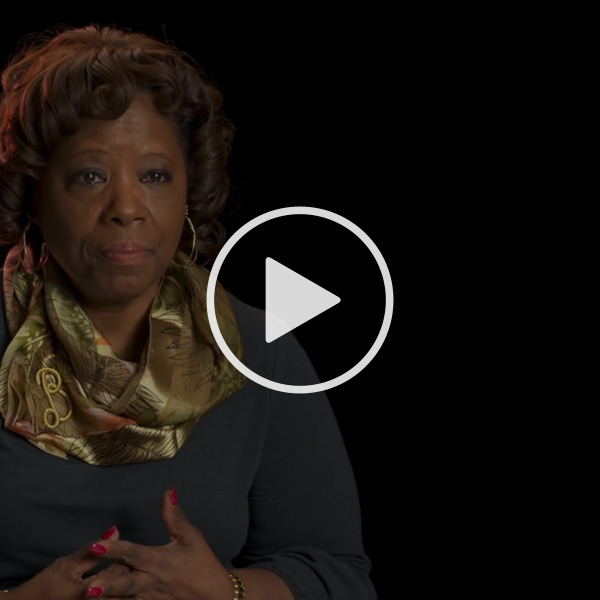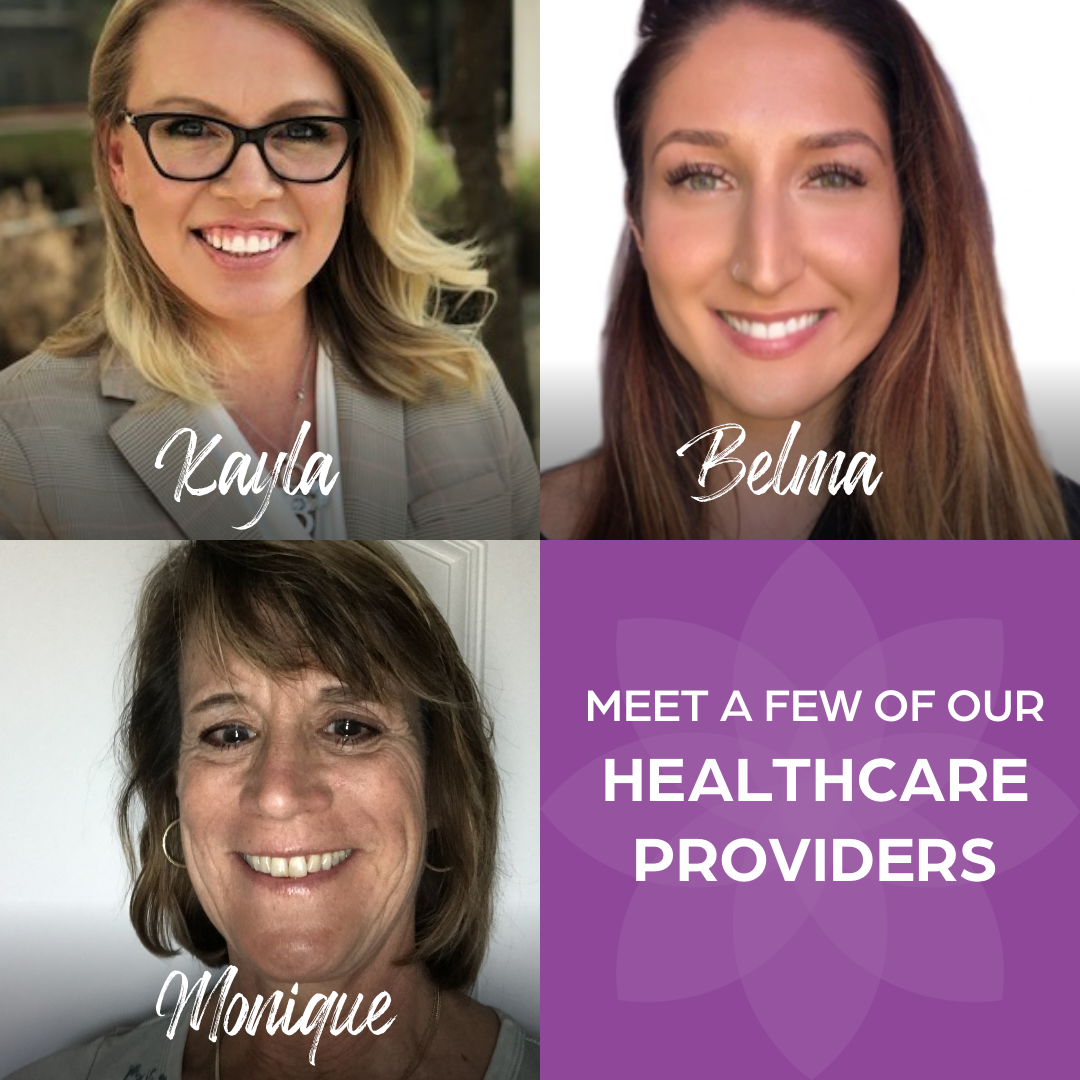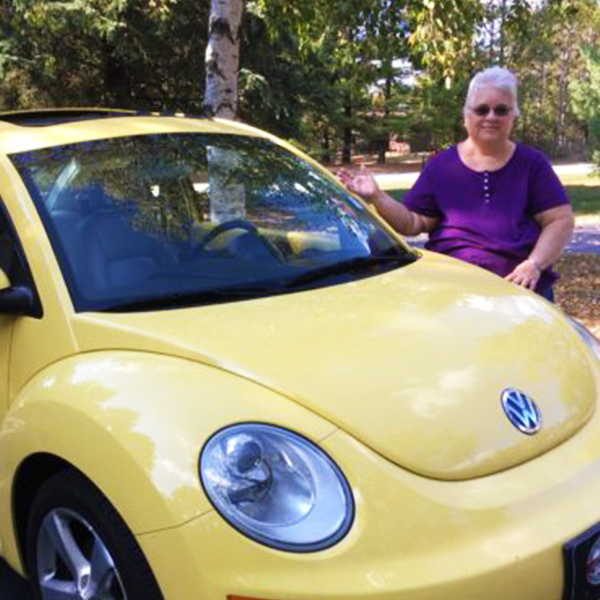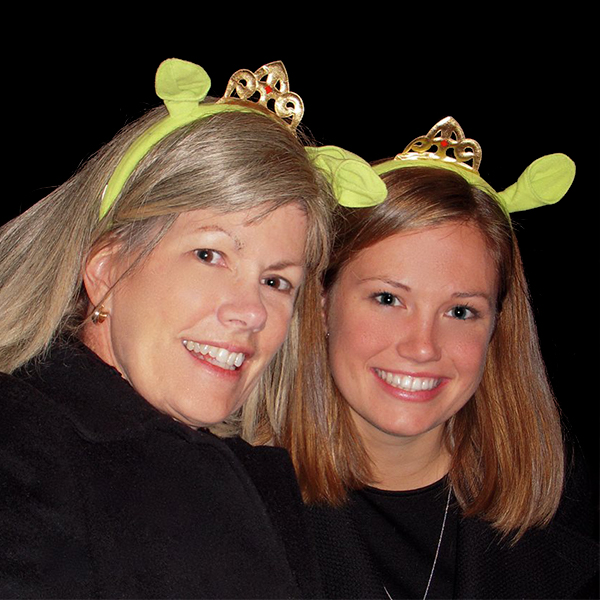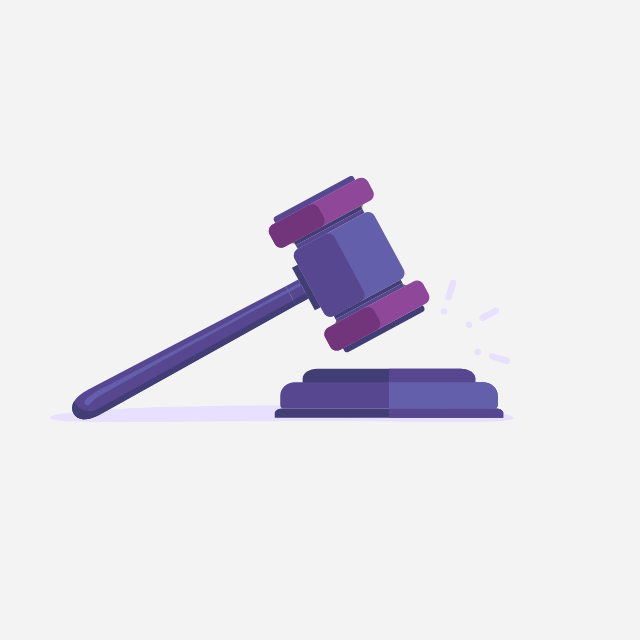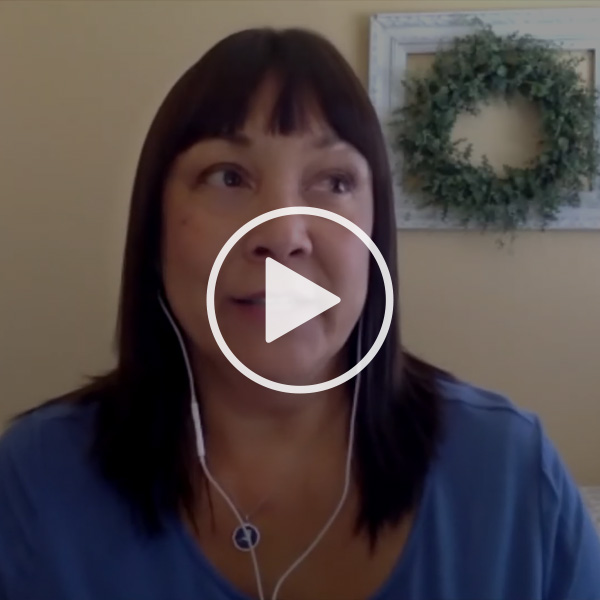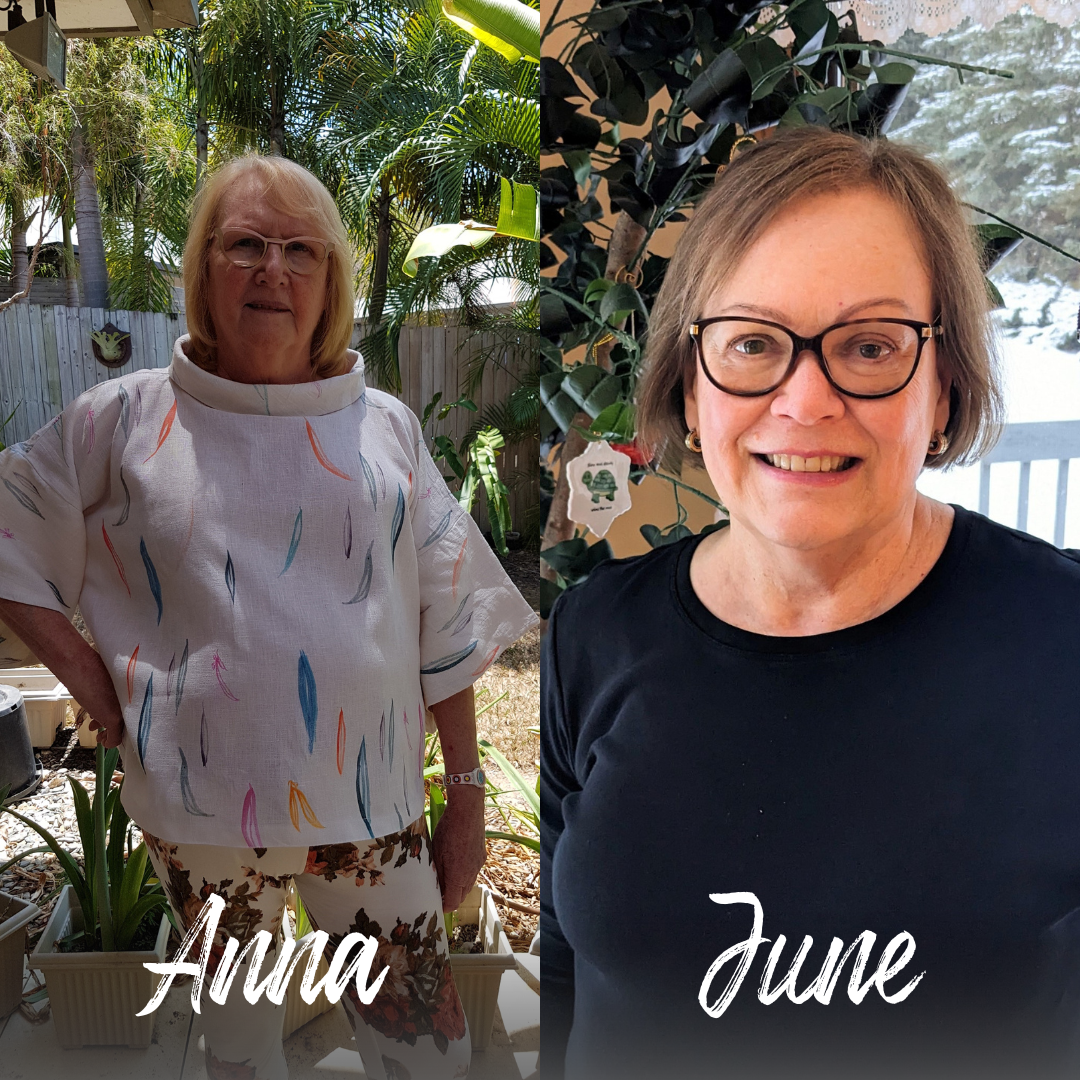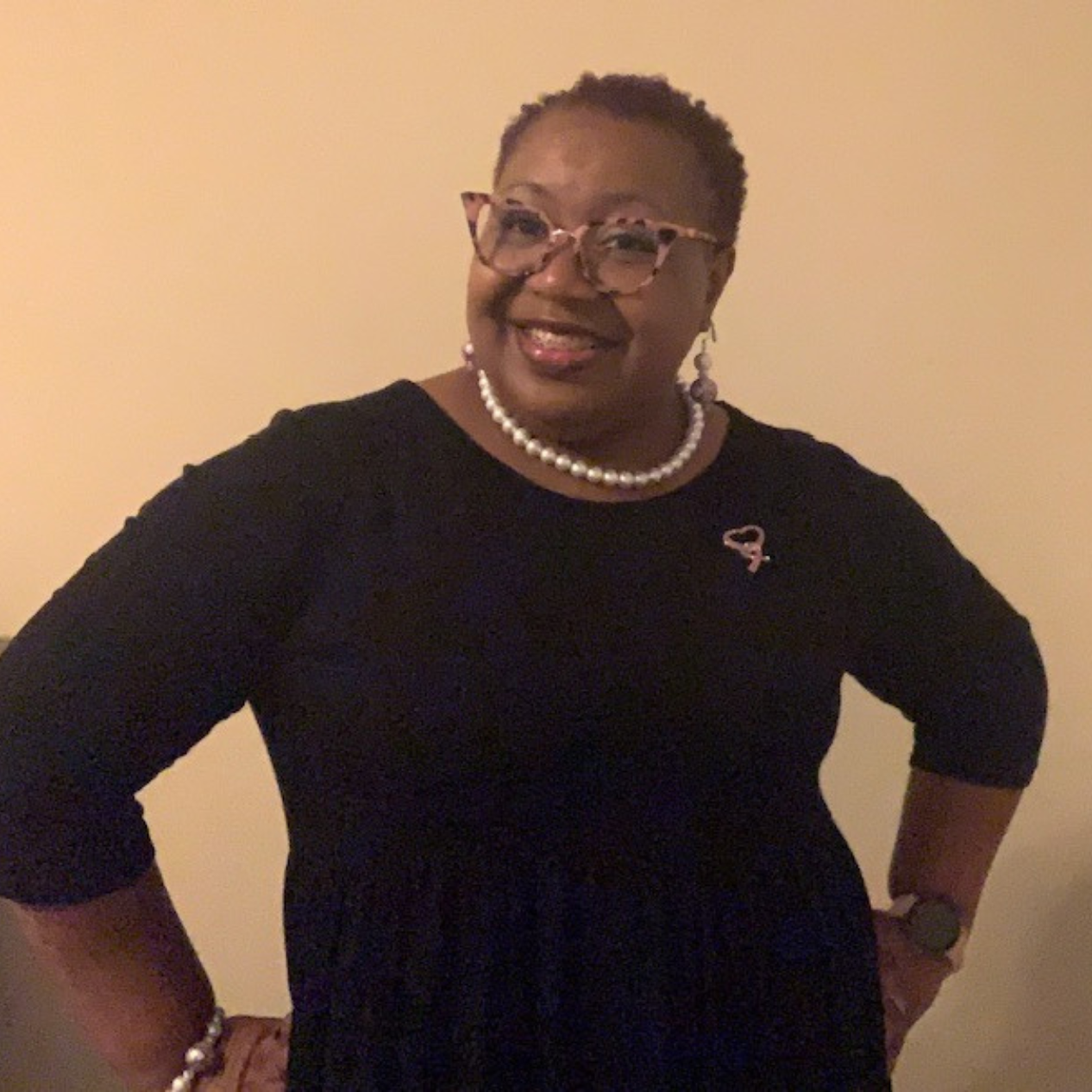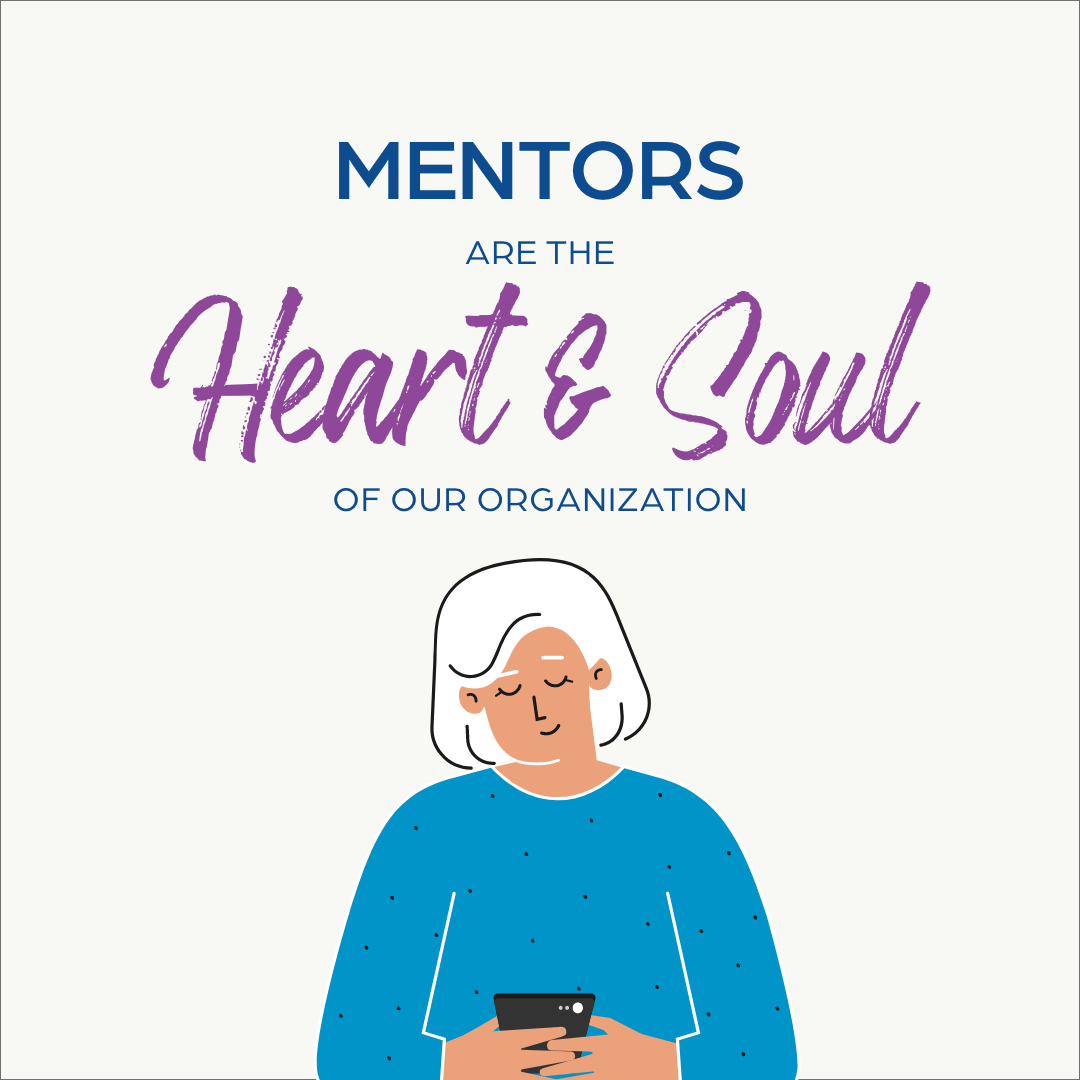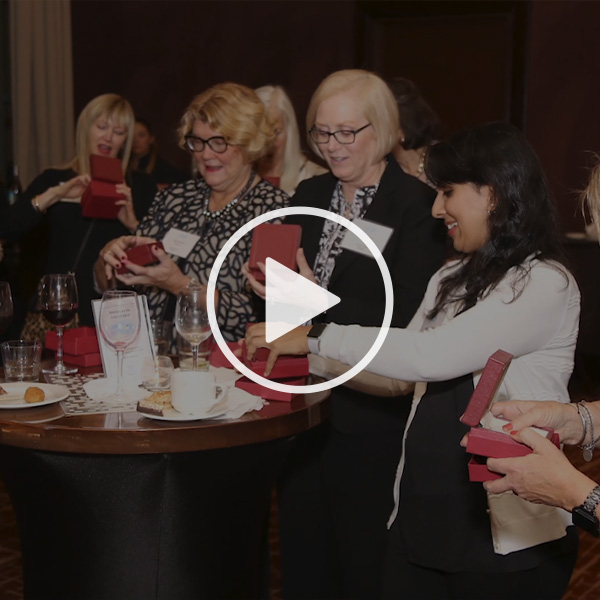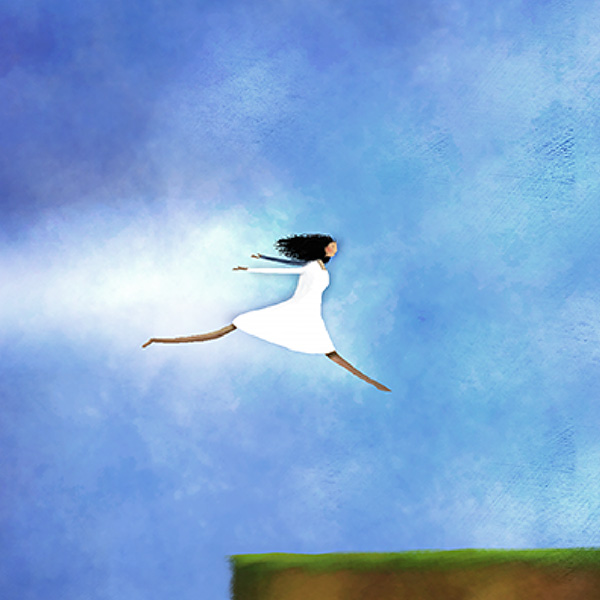
Nailah Cash O’Bannon and Kathryn Walker: A Story of Connection
June 5, 2018
Breast cancer before the age of 40 is relatively rare. But it was a stark reality for Nailah Cash O’Bannon and Kathryn Walker, who were diagnosed in their 20s. As they absorbed the shocking news, both women found themselves at the beginning of an unexpected path, in which they would navigate the challenges of treatment, healing, and finding support. Their paths would converge only once during their respective journeys, but their connection would make a powerful impact.
For Nailah, the story began in 2013, during her first year as a medical student at the University of Wisconsin School of Medicine and Public Health in Madison. When Nailah found a lump in her breast midway through the academic year, she was not concerned. She was only 26 years old and had no family history of breast cancer. But after speaking with her mother, Nailah decided to schedule a mammogram soon after her final exams were completed.
Nailah’s appointment took place on a Thursday. The next day, while her classmates were celebrating the end of the school year, Nailah learned that her lump was cancerous.
As Nailah struggled to come to terms with the diagnosis, her medical team asked if she would be interested in connecting with an ABCD Mentor. Nailah agreed and soon spoke with Whitney, who was able to answer many of Nailah’s questions. Nailah remembers how much this personalized support helped her. “The power of connection is so important,” she says. “It’s nice to do Internet research, but sometimes you can go down the rabbit hole.”
Over the next few weeks, Nailah’s treatment plan took form. The first step was a mastectomy, after which Nailah underwent biopsies so physicians could determine how to best target her cancer. With this information and support from her parents, Nailah completed chemotherapy that summer and fall, followed by radiation for a few months in early 2014. In order to manage her treatment, Nailah elected to complete her second year of medical school in two years instead of one.
Being a medical student enabled Nailah to view her experience from a unique, if surreal, lens. Over the summer, she happened to be working in the hospital’s pathology department and was able to see her own patient specimens.
After her recovery, Nailah knew she wanted to give back by becoming an ABCD Mentor. She enjoys being able to counsel others from a non-clinical perspective. “It allows me to turn my doctor brain off,” she explains, “and just support people in what is definitely an emotional process.”
Just three years after Nailah’s diagnosis, Kathryn Walker was facing health challenges of her own. Increasing fatigue and a suspicious breast lump prompted Kathryn to call her doctor. Like Nailah, Kathryn was young and had no family history of breast cancer.
The lump looked so worrisome to the doctors that Kathryn underwent a mammogram, ultrasound, and biopsy all on the same day. The results confirmed everyone’s fears: Kathryn had Stage 2 Invasive Ductal Carcinoma. She was 28 years old.
After a flurry of phone calls and follow-up appointments with her nurse navigator, primary care doctor, and surgeon, Kathryn felt numb. As her medical team shared more details, there was little time to process everything that was happening. Soon Kathryn learned about ABCD and asked to be matched with a Mentor. That Mentor was Nailah.
For Kathryn, the call was a turning point and a catalyst for finding additional support. “Nailah was the first person who understood the things I thought were crazy,” says Kathryn, who later joined a small group of other women who had also been diagnosed before age 30. They still meet and socialize regularly. “I didn’t realize how much I needed that support until I talked with Nailah,” admits Kathryn.
Because Kathryn’s tumor was the most aggressive type, her treatment would be both lengthy and grueling. Two weeks after her diagnosis, she began chemotherapy in order to shrink the tumor. Fortunately, Kathryn’s tumor responded extremely well to the medicine, but she suffered intense side effects. A lumpectomy followed, and it was a relatively easy outpatient procedure. Kathryn went out to brunch with her husband the next day, an ice pack on her incision and a relieved smile on her face. “Getting through surgery felt like a milestone to celebrate,” she recalls. “But we hadn’t yet gone through the most difficult part of treatment.”
Just a few weeks after the surgery, Kathryn’s second round of chemotherapy began. Up until now, Kathryn had maintained regular hours working as an analyst at U.S. Bank. But her second round of chemotherapy turned out to be even more taxing than the first. Kathryn opted to take a short medical leave from her job to rest and recover. The final phase of Kathryn’s treatment included radiation and a full year of a targeted drug, Herceptin, designed to work specifically against Kathryn’s tumor.
Today, both Kathryn and Nailah have adapted to the new normal that is life after cancer. To maintain remission, both women take medication, and their doctors continue to follow them closely with regular imaging. Nailah now lives in Minnesota and will finish her residency there in 2020. She plans to specialize in family medicine. Kathryn is back at work and is the proud mama of two adorable dogs. She’s also considering training to become an ABCD Mentor in the near future.
But survivorship can have challenges of its own. There is often increased anxiety, fear, and doubt after the physical healing is complete. Addressing mental health concerns is a key component of recovery and can’t be overlooked. “It’s never over,” says Kathryn of a breast cancer diagnosis. “You still need support, even years later.”
Kathryn notes how her perspective has shifted since her diagnosis, and how she’s become much more cognizant of the importance of self-care. “At first I was angry, thinking, ‘Why me?’ But over time, I learned to listen to my body and approach things with a kind curiosity. If something doesn’t feel right, I call my doctor and get it checked out. If I need to rest, I do so.”
The power of one-to-one that made such a difference for Nailah and Kathryn has had its own ripple effect. In 2018, Kathryn’s stepfather, Steven Smits, an employee at Brady Corporation, nominated ABCD as a partner for the 8th Annual Brady Walk for Community. Following an employee vote, ABCD was selected as an official partner for the Brady Walk, along with three other organizations, and will receive a donation at the June 28th event.
Through this generous gift, more people affected by a breast cancer diagnosis will be able to access the emotional support that’s so critical during treatment, recovery, and beyond. Because of advocates like Nailah and Kathryn, the power of connection will continue to benefit others when they need it most.
